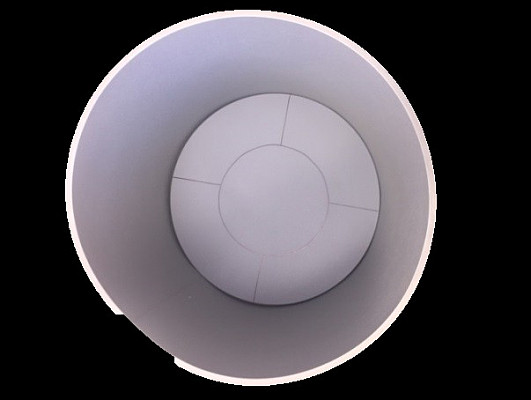
TLI Grant Supports Neuroscience Students Using New Behavioral Techniques
Do adult mice exposed to ethanol in utero exhibit differences in anxiety or exploratory behaviors in an open field? Thanks to support from the Neuroscience Department and the TLI, Ursinus students were able to research the answer.
Drinking alcohol during pregnancy is well known to have potentially devastating effects to a growing fetus. Despite this common knowledge, prenatal ethanol exposure continues to be the number one cause of preventable birth defects. Exposure to ethanol during gestation can cause a myriad of physical, cognitive, and behavioral impairments collectively known as Fetal Alcohol Spectrum Disorder (FASD). Working in collaboration with Dr. Carlita Favero’s laboratory, Dr. Lauren Makuch, a Visiting Assistant Professor in Neuroscience, is interested in investigating the behavioral effects of ethanol exposure during gestation. Along with the students in her Behavioral Neuroscience ARM course, which debuted during the Spring 2016 semester, Dr. Makuch is employing a variety of tests to examine behaviors known to be altered in human FASD patients. These behaviors include: anxiety, motor activity and coordination, and the ability to focus on relevant environmental cues while filtering others. One testing apparatus, the open field test, was purchased with the help of a TLI grant.
“We wanted to use an assay that would allow us to address multiple research questions without causing stress to the animals,” Dr. Makuch explained. “The open field test is perfect because it is really just a chamber in which the animals can explore and engage in their normal behaviors, such as grooming, sniffing around, and rearing.” The test is completely non-invasive, but the data researchers can glean from just a few short test sessions is extremely powerful. “In just two five-minute periods in the open field apparatus, we are able to assess anxiety vs. exploration and also measure overall level of motor activity. We can even see how an animal’s reaction to the novel testing apparatus changes over time to determine whether any habituation or sensitization occurs, and whether subjects exposed to ethanol in utero behave differently than unexposed subjects,” Dr. Makuch elaborated.
Preliminary experiments using the apparatus have yielded interesting results, and Dr. Makuch and her students will continue using the open field apparatus for many future studies. “There are so many interesting questions we can ask using this equipment. Because it is such a quick and simple test, it is perfectly suited for in-class experimentation,” Dr. Makuch noted. Students in the Spring 2016 Behavioral ARM course enjoyed the active research experience and the opportunity to learn how to work with animals. “I learned a great deal about FASD and how to handle mice in an experimental setting,” rising senior Christina Monteleone offered. The open field testing apparatus is currently being used by the Makuch/Favero labs and will become part of a Behavioral Neuroscience testing suite in the new Innovation and Discovery Center in 2018.
